DUI FAQs
DUI Defense Attorney Mark Matney of Holcomb Law, is one of the top DUI and traffic law attorneys in the Hampton Roads area of Virginia. His experience defending clients charge with DUI and his training with the National College for DUI Defense enable Mr. Matney to identify the legal, factual, technical, and medical defenses in your DUI case. He spends the time necessary to review every document and watch every video related to your case. He will share his findings with you and discuss the best strategy for your specific situation.
Call (757) 703-4556 or Click Here to email Attorney Mark Matney for a Free, No-Obligation Consultation!
1. How do you prepare for a DUI case?
At the beginning of a case, I must assume that my client and I are preparing for a trial. My staff and I prepare for court by obtaining and reviewing all of the available information. We analyze police reports, accident reports, questionnaires that help our clients share all that they remember about their particular situations, breath and blood test results from the Department of Forensic Science, and videos if available. I examine all of this information to look for every possible legal, factual, medical, or scientific defense. I then discuss the strengths and weaknesses of the case and the possible defenses with my clients. Being prepared for trial places us in the best position to point out any weaknesses in the prosecution’s case or to take advantage of any problems the prosecution may face on the day of court. Sometimes discussing these issues with the prosecutor generates favorable offers that avoid the uncertainties of trial.
2. What are the Penalties for a DUI conviction in Virginia?
Virginia Code Section 18.2-270 provides mandatory minimum sentencing requirements for people who are convicted of DUI and imposes enhanced penalties for cases that involve a high BAC and/or a subsequent offense. A judge must sentence someone who is convicted of a first offense DUI whose BAC is below 0.15 as follows: fine between $250 and $2,500, one year license suspension, completion of the Virginia Alcohol Safety Action Program (VASAP), and installation of an ignition interlock system for 6–12 months. Although there is no mandatory jail sentence for a first offense DUI with a BAC under 0.15, judges typically order a suspended jail sentence that could be imposed if the person fails to complete VASAP or does not remain of good behavior. In most cases, a first offender does not go to jail other than at the time of the arrest, receives a restricted license to drive for work, school, and certain other defined purposes on the day of court, and receives a fine close to the $250 minimum.
With respect to the alcohol level, even for a first offense, jail will be imposed for a BAC of 0.15 or above. In Virginia, a BAC of 0.15 to 0.20 will result in a five-day mandatory minimum jail sentence and if the BAC is above 0.20 the jail sentence will increase to a mandatory minimum of 10 days.
The penalties for a DUI conviction increase dramatically for a second offense. The judge must order the defendant’s license to be suspended for three years and the minimum fine increases to $500. If the second offense occurs within five years of the first offense, there is a mandatory minimum 20-day jail sentence and the defendant will not be eligible to apply for a restricted license until one year after the date of the conviction. If the second offense occurs within five to ten years of the first offense, then the mandatory minimum jail sentence is ten days and a restricted license may be obtained after four months. In both cases the judge may impose the ignition interlock machine for as long as the person has a restricted license.
The BAC is a significant factor in a second offense. The mandatory minimum jail sentence for a high BAC doubles when attached to a second offense. Thus, a person who is convicted of a second offense DUI with an elevated BAC will receive 10 mandatory days of jail with a BAC of 0.15 to 0.20 or a minimum of 20 days of jail if the BAC is over 0.20. Significantly, the mandatory jail for a high BAC is in addition to the mandatory jail for the second offense itself. This means that if a person is convicted of a second offense DUI within five years of a first offense and has a BAC over 0.20, then he would receive a mandatory minimum jail sentence of 20 days for the second offense, plus at least 20 days of jail for the high BAC, for a total of at least 40 days in jail.
A third offense DUI conviction is a Class 6 felony. This means the loss of certain rights (such as voting, serving as a notary, and possessing a firearm) in addition to the penalties imposed by the court. Being found guilty of a third DUI results in an indefinite license suspension and no opportunity to apply for a restricted license until three years after the conviction. The minimum fine for a third DUI is $1,000. The sentencing range for a third DUI conviction is one to five years with a mandatory minimum time in jail of six months for a third offense within five years and at least three months in jail if the third offense is within five to ten years of the priors.
In addition to the mandatory sentencing requirements of the Virginia Code, judges evaluate several other factors to determine whether a DUI sentence should include enhanced penalties. These factors include: blood alcohol level, refusal to submit to blood alcohol testing, whether or not the driver caused an accident, degree of cooperation with law enforcement, any additional charges against the defendant, and any prior criminal history. Moreover, many judges consider personal injuries to others as an aggravating factor that justifies imposing or increasing time in jail. In one of my first-offense DUI cases, the driver injured his passenger and received a six-month jail sentence (three months to serve after good time credit) and in another first-offense DUI case the driver injured a couple who was driving another vehicle and received a twelve-month jail sentence, which he appealed to the next level court. Most first-offense DUI cases do not involve any active jail time, but the extent of the injuries in these two cases provoked the judges to deal more harshly with the defendants.
It is important to note that judges consider lack of cooperation with the police when they make their sentencing determinations. Two reckless driving cases that I handled demonstrate how judges react adversely to conflict between the client and the police. The two clients were in similar situations with comparable speeds and the same judge. The first driver saw his charge amended from the misdemeanor of reckless driving to a traffic infraction. However, the second driver was found guilty of reckless driving. The driver who was convicted of reckless driving had ranted and cursed at the police officer. The judge was simply unwilling to give that driver a break after he had been so discourteous and uncooperative with the officer.
One situation that sometimes affects sentencing is a client’s past criminal history. If a client had a DUI conviction more than ten years before the new charge, then the prior offense cannot be used to elevate the new charge to a second offense. However, the prosecutor or the judge may argue that the person should not be treated the same as someone who is truly a first offender. This argument is sometimes successful in obtaining a more severe sentence than would be typical for someone without the prior record.
3. Should I go to trial or accept a plea bargain?
For most people, their first concern is to find a lawyer who will fight for them and not just plea bargain their case away. Some prospective clients tell me that they are concerned about lawyers who promise to “get them a deal” and others confide that they have experienced negative situations where they felt their prior lawyer pushed them into a plea agreement instead of helping with their cases. In other words, the idea of plea bargaining has a very bad connotation for many people. They believe that if their attorney enters into a plea bargain, he is not adequately representing his client. As a lawyer, I feel that my job is to obtain the best possible result for my client and that I need to explore all of the options, including both going to trial and negotiating with the prosecution.
When I accept a case, I become responsible for the zealous representation of my client. My staff and I research the facts and the legal issues and I inform my clients of our findings. My counsel includes discussing the risks of accepting an offer from the prosecution versus the risks of going to trial. I advise my clients that there is a risk involved regardless of whether they choose to negotiate a result with the prosecutor (a plea bargain) or to present the case to the judge. Going to trial means giving up the best offer from the prosecutor and risking a worse result from the judge. On the other hand, accepting the prosecutor’s best offer means losing the possibility of a better result at trial.
Sometimes the focus of a case must be on avoiding a worse result as compared to “winning” or achieving a lesser charge. For example, one of my clients was charged with DUI because he fell asleep in the drive-thru lane at a fast food restaurant. When the police officer approached him, he saw that my client had vomited on himself and that he had receipts in his car for a large quantity of alcohol. There were numerous complicating factors in this case, including being assigned to a judge who was known for dealing harshly with DUI cases. I spoke with the officer to explore option of going to trial and then discussed the situation with my client. The officer agreed that if we pled guilty to the DUI, he would not inform the judge of the aggravating factors: vomiting on himself, waking up with difficulty, performing poorly on field tests, and possessing receipts in his vehicle for large quantities of alcohol. When I explained the situation to my client he approved accepting the agreement instead of risking a trial. The end result that morning was a DUI without any of the enhanced penalties that would have been likely if the police officer had described the details of what he observed during the arrest. Although it is not as exciting as a trial, an agreement that avoids the risk of a more severe outcome may be the best result that can be accomplished in a particular case.
Another example of the challenge of deciding whether to negotiate a resolution or to go to trial can be seen in a case that involved an unusual medical defense. My client was charged with a first offense DUI with a blood alcohol content (BAC) of 0.15, which is almost twice the legal limit of 0.08. The 0.15 BAC triggers a five-day mandatory minimum jail sentence when someone is found guilty. As we prepared for trial, we received an offer from the prosecutor to amend the BAC so that my client would avoid any jail time. Although the offer of avoiding a jail sentence without the risk of a trial was tempting, my client chose to proceed to trial instead of accepting the prosecutor’s offer. At the conclusion of the trial, the judge expressed his agreement with our medical expert and ruled that my client was not guilty of DUI. In hindsight, it is clear that the client made the best decision for his case. However, when the decision to reject the offer was made, there was no guarantee that we would prevail at trial. In fact, another client with a similar medical defense lost her case with a different judge, despite a lower BAC.
It is not always easy to decide whether the plea bargain or the trial is the best option. The plea agreement can sometimes sound very inviting. The prosecutor may offer to dismiss additional charges or to agree to a favorable sentence. As attorneys, we use all of the information available to us to provide the best counsel to our clients. Ultimately, however, clients must decide whether to risk the unknown result of a trial or accept the certainty of an agreement with the prosecution.
4. Can a prior DUI in another state be used against me?
The Virginia Code provides that in order for a person to be found guilty of a subsequent offense based on an out-of-state prior conviction, the law of the other state must be substantially similar to Virginia’s law for the particular charge. It can be challenging for the prosecution to prove the validity of the out-of-state order and that the law in effect at the time of the out-of-state conviction is substantially similar to Virginia’s law. It is sometimes possible, therefore, to exclude those prior convictions and reduce the severity of the new DUI charge, such as amending a charge of second offense DUI to first offense DUI.
5. What if my DUI case involves an accident?
DUI cases that involve accidents require the prosecution to prove certain additional elements in order to introduce the defendant’s BAC (blood alcohol content). These factors include showing that the defendant did not have access to alcohol after the accident and that he was arrested within three hours of the accident. The prosecution also has an additional burden when the defendant’s BAC is determined by a blood test instead of a breath test. In order to introduce a blood test result in court, the prosecution must produce the person who drew the blood and the person who analyzed the blood sample.
6. How Should I Plead at Court?
When my client and I appear in court, the judge will ask us how we plead. We have three options. My client can plead guilty, not guilty, or no contest. Each plea communicates something different to the judge and to the prosecutor.
By pleading guilty, my client declares that he is responsible for the offense he is charged with. Sometimes a guilty plea to one charge is part of an agreement for the dismissal or amendment of other charges. At other times, a guilty plea may be the result of negotiations for a concession on sentencing. There are also situations where the strength of the prosecution’s case is so great that entering a guilty plea before the judge may help to avoid a more severe sentence.
A no contest plea indicates that we believe that the prosecution’s evidence is sufficient for a judge to find my client guilty. We may take issue with certain parts of the prosecution’s case but conclude that we are unlikely to prevail at trial. The no contest plea allows my client to avoid pleading guilty while also having an opportunity to explain the circumstances or other mitigating factors to the judge.
A plea of not guilty requires the prosecution to prove the case against my client. Pleading not guilty does not necessarily mean that we are pleading innocent. We may not dispute the fact that my client committed the act he is charged with, but a not guilty plea places the burden of proof on the prosecution. The prosecutor must prove each element of the offense that the defendant is charged with. In a DUI case, the prosecutor must prove that the police had a reasonable suspicion that justified stopping the defendant, that they had probable cause for arresting the defendant, and that the evidence as a whole demonstrates guilt beyond a reasonable doubt.
My responsibility as a defense lawyer is to obtain the best possible outcome for people who have been charged with criminal and traffic offenses. Since my work lies on the defense side, my goal is to present my clients and their cases in a manner that will result in the court erring on the side of mercy. The famous William Blackstone stated in his Commentaries on the Laws of England that, “… it is better that ten guilty persons escape, than that one innocent suffer,”[1]while Benjamin Franklin went as far as commenting in a letter he wrote in 1785 that “… it is better 100 guilty Persons should escape than that one innocent Person should suffer.”[2]
Based on that time-honored reasoning, I believe that everyone deserves a fighting chance to plead his case and have his day in court. Although there are times when I believe that a trial will not be in my client’s best interest, the client is the final decision maker about whether to present the case to the judge at a trial or as an agreement with the prosecution. I counsel my clients about the relative strengths and weaknesses of both sides of the case and the possible outcomes at trial and then permit them to decide how to proceed.
Sometimes clients choose to pursue a trial even when it is the riskier option for their case. For some, the idea of accepting an offer from a prosecutor would be worse than losing at trial. One morning, I handled DUI cases for two men who were both facing several other charges in addition to their DUIs, such as open container, refusal, and reckless driving. In each case, I was able to negotiate with the prosecutor that, in exchange for a guilty plea to the DUI, the prosecutor would dismiss all of the other charges. This was a generous offer based on the facts of these two cases. The first client liked the idea of ending up with only one conviction and avoiding the consequences of the other charges. He also appreciated the fact that the agreement would assure him of the minimum sentence for the DUI. The second client decided that he wanted to go to trial because he wished to tell the judge his side of what happened. He was convicted of every single charge. We appealed and eventually negotiated a better result, but he had to incur the additional time and costs involved in the appeal process. However, he was glad with the outcome because he placed greater value on “having a fighting chance” and “going down swinging.” For him, the trial was preferable because he received his day in court.

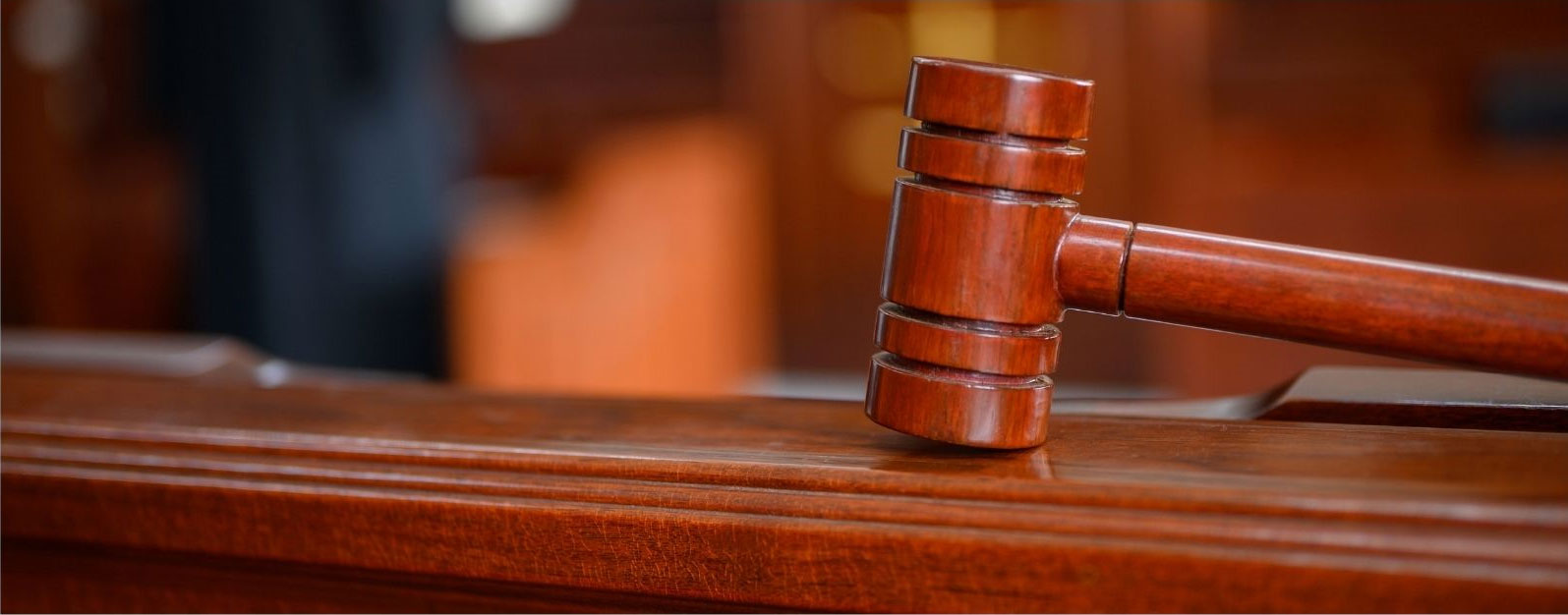




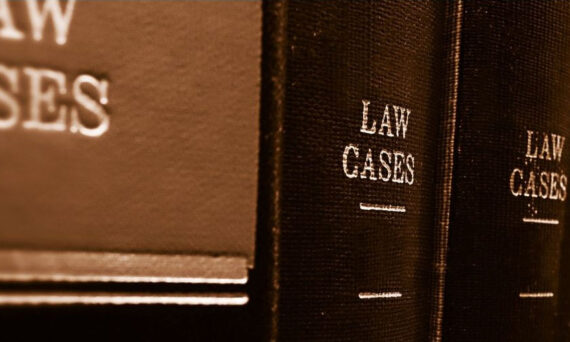
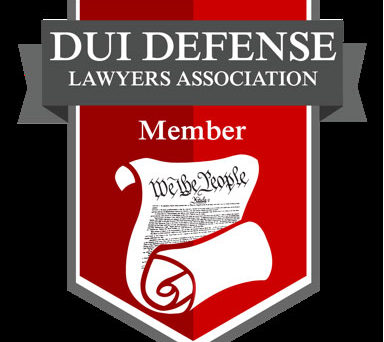
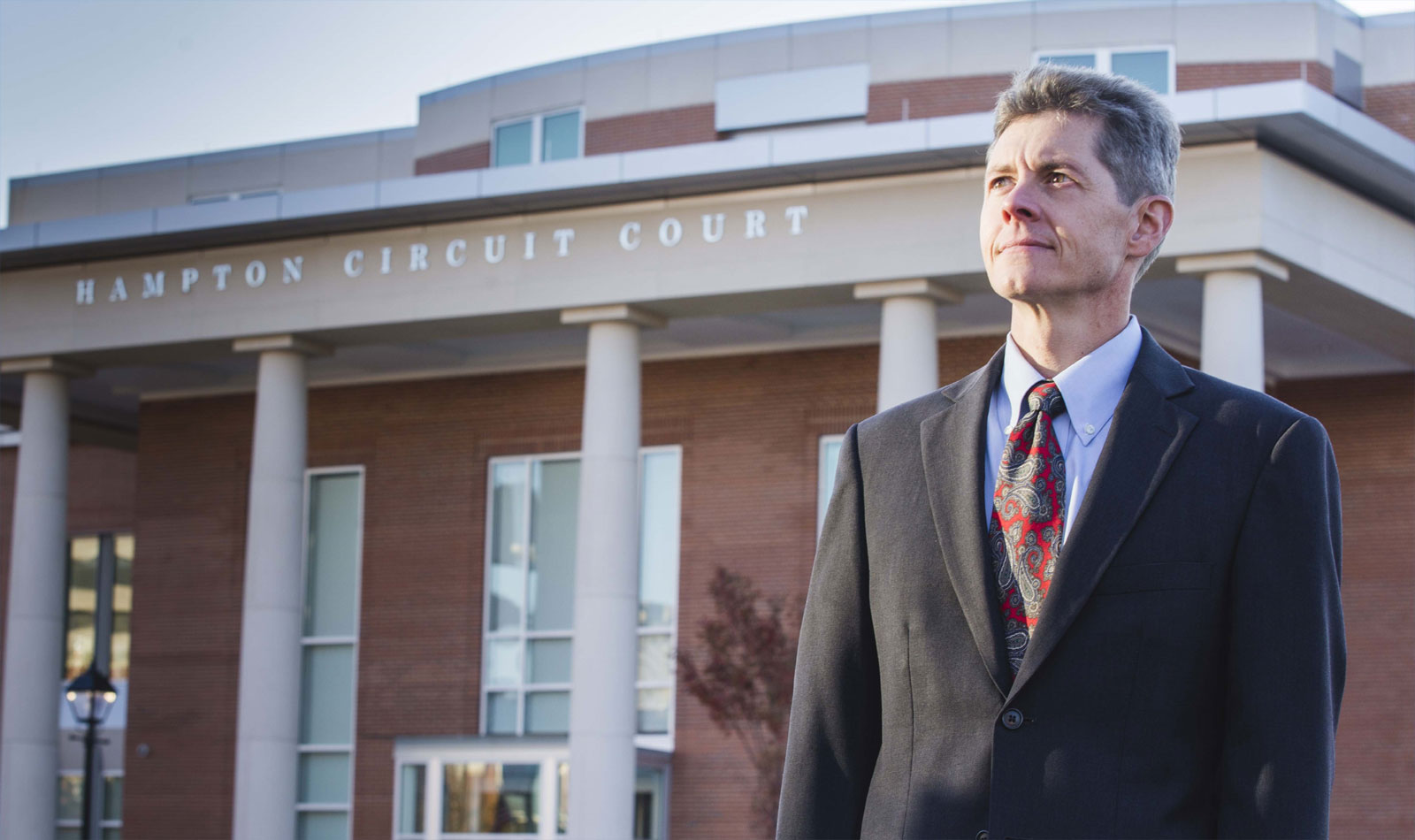


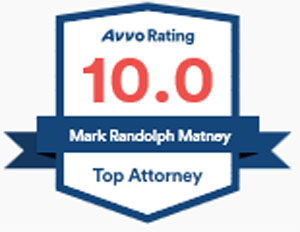
 Traffic Violations
Traffic Violations So You Got A Ticket
So You Got A Ticket
 A Coach and an Advocate
A Coach and an Advocate Contact a qualified traffic violations lawyer today!
Contact a qualified traffic violations lawyer today!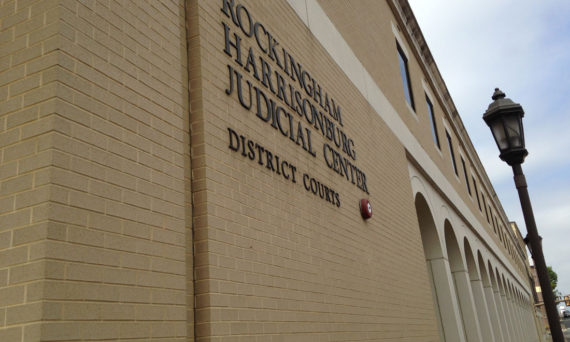
 Chesapeake Circuit and
Chesapeake Circuit and Hampton Circuit Court
Hampton Circuit Court Hampton General District Court
Hampton General District Court New Kent County Courts: Circuit, General District,
New Kent County Courts: Circuit, General District, Newport News Circuit Courtrooms 1-4 and all General District Courts:
Newport News Circuit Courtrooms 1-4 and all General District Courts:  Newport News – United States District Court
Newport News – United States District Court Norfolk Circuit and General District Courts
Norfolk Circuit and General District Courts Northampton County Courts: Circuit, General District, Juvenile & Domestic Relations
Northampton County Courts: Circuit, General District, Juvenile & Domestic Relations York County Courts: Circuit, General District,
York County Courts: Circuit, General District,